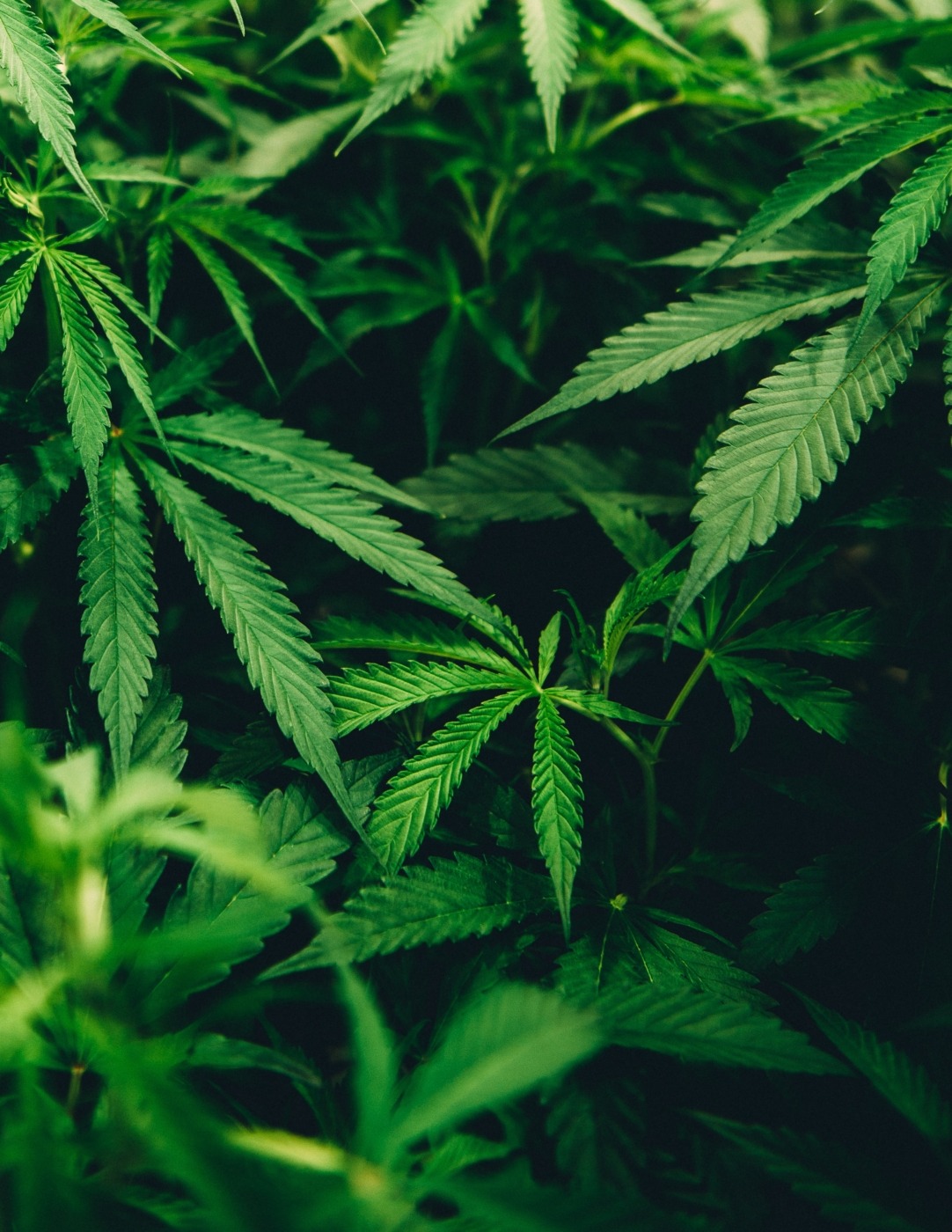The booming cannabis industry
Cannabis has always been beneficial and essential to some individuals. With the rise of medical and social consumption and the growth of CBD, it’s clear that societal acceptance has increased its value.
The National Institute of Health states that for around 3,000 years, people have consumed marijuana to treat medical conditions. The knowledge, however, of its benefits versus consequences are still debated. Many people support the claims that it helps limit nausea and vomiting of chemotherapy patients and relieve mental health symptoms such as depression and PTSD. Furthermore, cannabidiol has been approved by the Food and Drug Administration as a treatment for epilepsy. However, cannabis isn’t a catch-all when it comes to treating pain and mental illnesses. Some reviews have found that cannabis can directly induce social anxiety and isn’t practical for bipolar symptoms.
However, it is difficult to predict the actual growth and investment opportunities when cannabis has a grey area around consumption
The cannabis industry seems promising from an investing perspective, given the growing acceptance for its healing properties and legalisation in 35 states in the US. However, it is difficult to predict the actual growth and investment opportunities when cannabis has a grey area around consumption. It is a considerably broad industry, and despite being legal for medical use, only 15 of those states are recreational consumption legalised. Projected market worth of $73.6 billion by 2027 isn’t much to go by when you consider how most sales revenue (87%) comes from the illicit market. Given the blurred lines on whether cannabis is good or bad, investing in the industry and creating a business has growth limitations. National banks would not give businesses the same services. Yet, it is because of this that Bespoke Financial was created. Co-led by Snoop Dogg, since its eruption in 2018, Bespoke Financial, a lender for legal cannabis companies, has funding of $28 million, outgrowing their forecast projections by 25%. Tracking 2,000 license holders across the US and zero defaults to date, Bespoke offers security when it comes to the financial insecurities of the cannabis industry. With the government still pondering federal legalisation, the expansion of businesses is stunted and forecasted sales couldn’t be a given when the sector is said to be so fragmented with disparate state regulations and lack of credit data.
The cannabis industry is incredibly appealing to not just consumers but also the government. With an estimated collection of $4.7 billion in taxes from cannabis companies in 2017, this can only increase as the potential revenue increases. Moreover, there are more than 240,000 legal full-time jobs in the industry with a 10.7% higher salary than the average in the US. Also, as cannabis has been proven to effectively relieve chronic pain, which disables more than 25 million adults in the US, its national legalisation could prove effective in getting these people back into work which would fuel the economy.
Changing attitudes toward consumption of cannabis coinciding with the climate-conscious and sustainable wearers provides confidence if wanting to invest in the industry
Cannabis is not just a prosperous industry via its consumption and medical use. With the growing strive for climate change and sustainability, Hemp as a material offers many promising properties. In line with the current eco-friendly trend, the Hemp industry is estimated to grow to $1.9 billion by 2022 with a Compound Annual Growth Rate (CAGR) of 14.4%. Growing hemp is sustainable and eco-friendly as it does not require as much water or pesticides as cotton. Also, its renewable properties, such as sequestering carbon dioxide from the atmosphere, make it a promising new opportunity if marketed and financed efficiently to bring out hemp’s best qualities. New technology is constantly being developed for better retting (separating the fibre from the plant) and processing the thread in the processing plants. If subsidised by the government, it could offer widespread recognition and mainstream use of the material in more fashion and skincare, making it more affordable for the consumer and helping combat the depreciating climate. In addition, given how Hemp is harvested and processed mainly by hand if consumption grows, people on these farms and factories have secure employment and improved living standards. Like Bespoke Financial, I see promising business ventures for people to create their own Hemp companies if provided with the proper financial backing. Similar to marijuana, significant restrictions are dependent on the state you are in regarding hemp growing. Hemp processing is not standard, leaving what I believe to be an excellent opportunity for investment alongside oral cannabis consumption. There is easier marketability for hemp than cannabis as it is not illegal to import the material, meaning wearing hemp clothing is legal. Unlike oral cannabis, consumers have less worry about being caught with the product depending on where they are.
Changing attitudes toward consumption of cannabis coinciding with the climate-conscious and sustainable wearers provides confidence if wanting to invest in the industry. Although there are some legal limitations and barriers, the projections offer a significant reward. Also, with 67% of Americans wanting cannabis legalisation, with very conservative states like Oklahoma making it legal, I see no reason why federal legalisation should be unexpected especially given its medical benefits and tax opportunities.

Comments